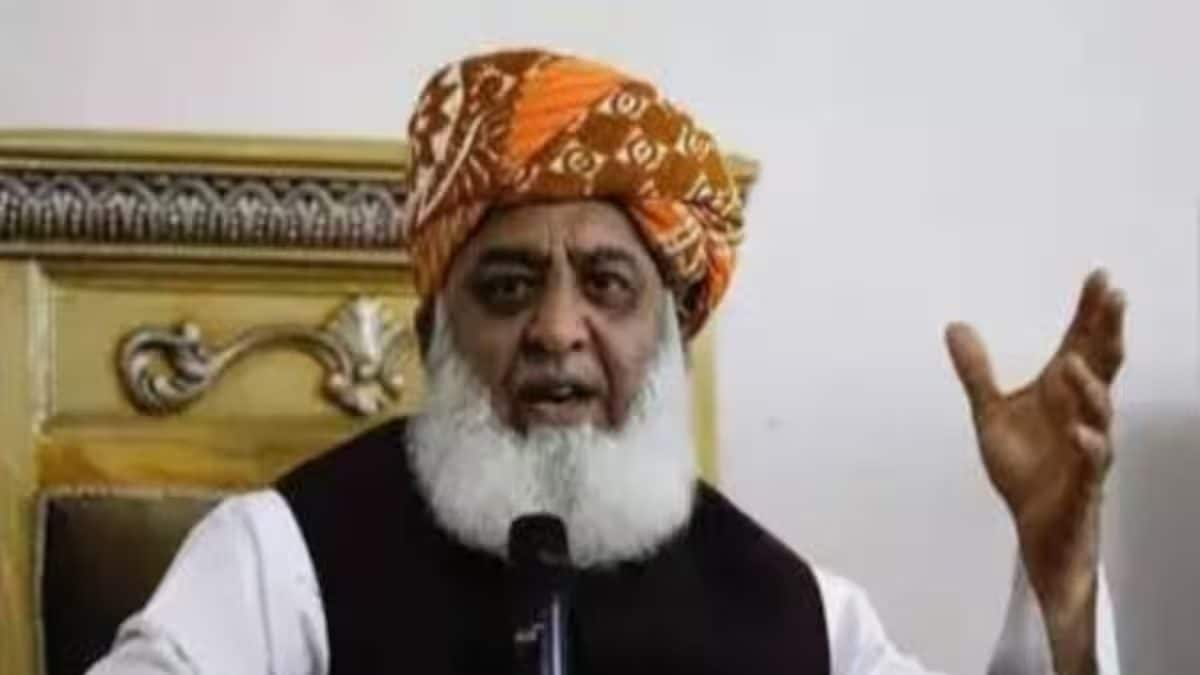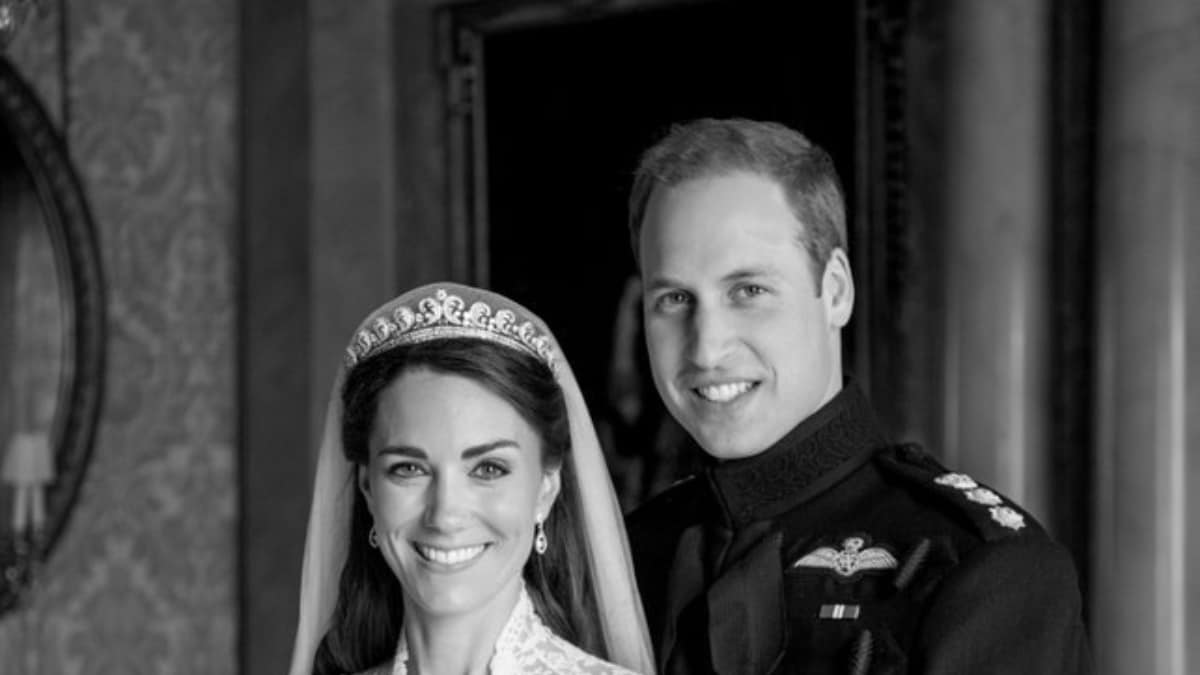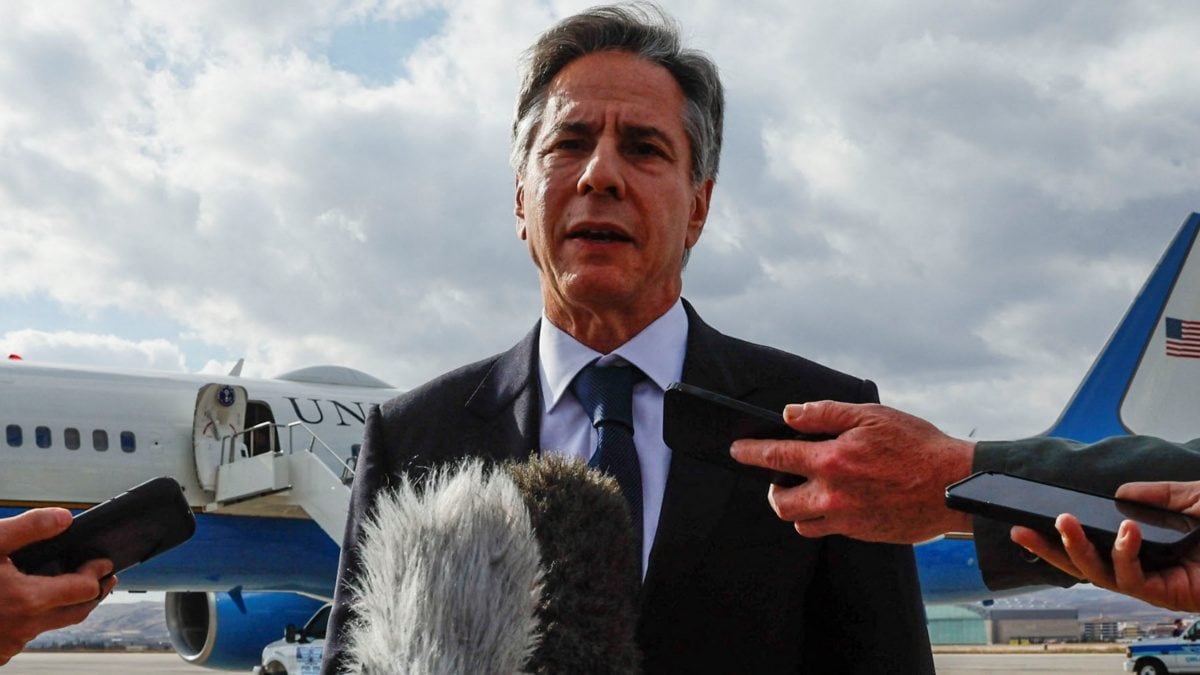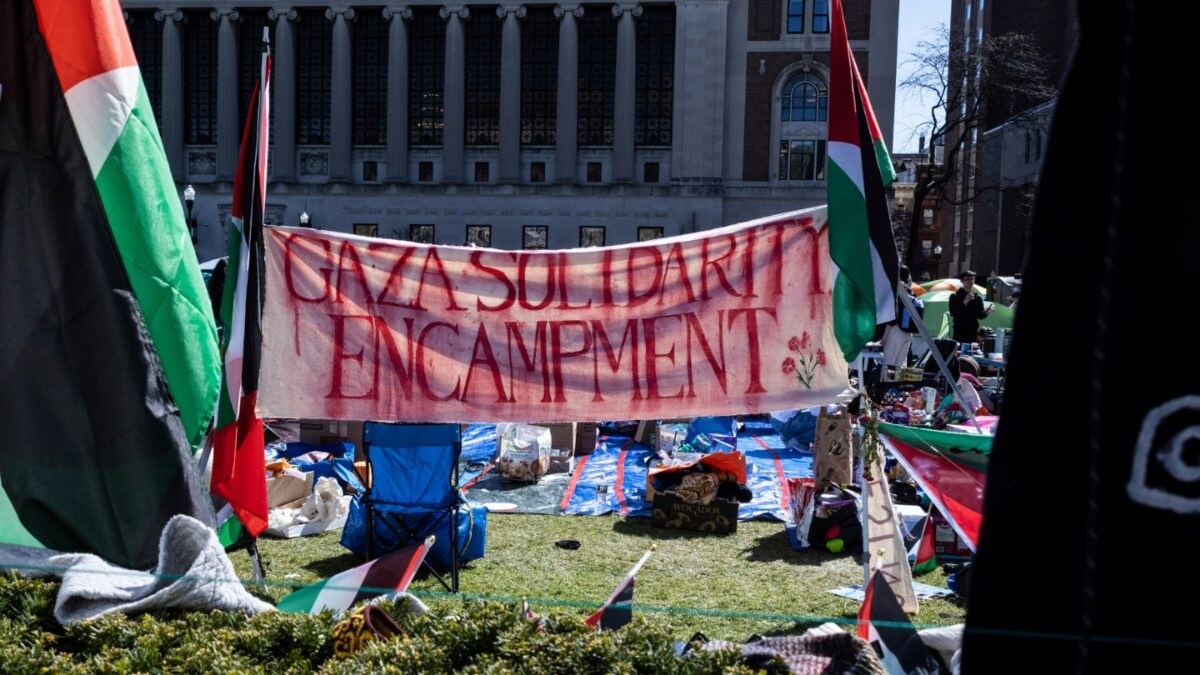The Hindu American Foundation has welcomed the implementation of the Citizenship Amendment Act (CAA) and the Coalition of Hindus of North America called it a victory for the persecuted minorities of Pakistan, Bangladesh and Afghanistan.

CAA offers a faster path to citizenship for Hindus, Sikhs, Buddhists, Jains, Parsis, and Christians from Pakistan, Afghanistan, and Bangladesh. (Image: PTI)
The Citizenship Amendment Act (CAA) has been rolled out with the notification of rules on Monday. The CAA fast-tracks the path to citizenship for non-Muslim refugees from Pakistan, Afghanistan, and Bangladesh who faced religious persecution and entered India on or before December 31, 2014. Indian-Americans have praised the Indian government for implementing the CAA.
Hindu American groups like the Hindu American Foundation (HAF) have welcomed the CAA, calling it "long overdue". They said India's CAA mirrors the Lautenberg Amendment for religious refugees in the United States, news agency PTI reported.
“India’s Citizenship Amendment Act is long overdue and necessary. It protects some of the most vulnerable refugees in India, granting them the human rights they were denied in their home country, and the clear and expedited path to citizenship needed for them to begin rebuilding their lives,” said Hindu American Foundation (HAF) executive director Suhag Shukla.
The HAF stated that the CAA doesn't modify the rights of Indian citizens or impose a religious criterion for general immigration, nor does it bar Muslims from immigrating to India.
“CAA mirrors the long-established Lautenberg Amendment in the US, in place since 1990, which has provided a clear immigration path for persons fleeing a select group of nations where religious persecution is rampant,” Shukla said.
However, the Indian American Muslim Council (IAMC) strongly criticises the CAA, labelling it "discriminatory" and asserting that it, along with the proposed NRC, marginalises Indian Muslims.
In 2020, on India's 71st Republic Day, celebrations in the US were marred by some peaceful protests and marches by a large number of Indian-Americans in various cities of the country against the recently implemented CAA.
SUPPORTERS SEE CAA AS A BEACON OF HOPE
Supporters of CAA, like Pushpita Prasad of the Coalition of Hindus of North America (CoHNA), view it as a win for human rights for the persecuted religious minorities of Pakistan, Bangladesh and Afghanistan.
Prasad clarifies that the CAA only expedites citizenship for around 31,000 minorities who fled persecution.
She cites examples of religious persecution faced by minorities in these countries.
“For instance, each year in Pakistan alone 1000+ minor girls from minority communities are kidnapped, forcibly converted and 'married' to their abductors, with support from police and judicial authorities. As a result, petrified families with young kids have been fleeing to India for basic safety,” Prasad said.
CoHNA previously campaigned against misinformation surrounding CAA.
African-American singer Mary Millben praised the Indian government's decision. She took it to X and wrote, "This is a true act of democracy".
“As a Christian, woman of faith, and global advocate for religious freedom, I applaud the Modi-led government announcing today the implementation of the Citizenship (Amendment) Act now granting Indian nationality to persecuted non-Muslim migrants, Christians, Hindus, Sikhs, Jains, Buddhists, and Parsis from Pakistan, Bangladesh and Afghanistan,” Millben wrote.
MUSLIM OUTFIT CALLS CAA 'DISCRIMINATORY'
In contrast, the Indian American Muslim Council (IAMC) expressed strong criticism of CAA, calling it "discriminatory". They believe CAA, along with the proposed Register of Citizens (NRC), targets and disenfranchises Indian Muslims.
“The law is a flagrant manifestation of discriminatory intent, designed with the explicit purpose of discriminating, dispossessing, and disenfranchising Indian Muslims. Its insidious aim becomes glaringly apparent when considered alongside the proposed nationwide Register of Citizens,” said Mohammed Jawad, IAMC president.
The CAA applies to refugees who entered India before December 31, 2014. The law offers a faster path to citizenship for Hindus, Sikhs, Buddhists, Jains, Parsis, and Christians from Pakistan, Afghanistan, and Bangladesh. However, critics argue that this preferential treatment discriminates against Muslims seeking refuge in India.
In early 2020, communal riots broke out in Delhi over the CAA and NRC issue, in which 53 people were killed and over 500 others were injured.
Published By:
Girish Kumar Anshul
Published On:
Mar 12, 2024

 1 month ago
1 month ago

















